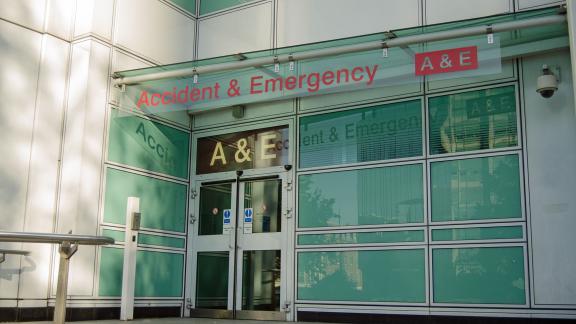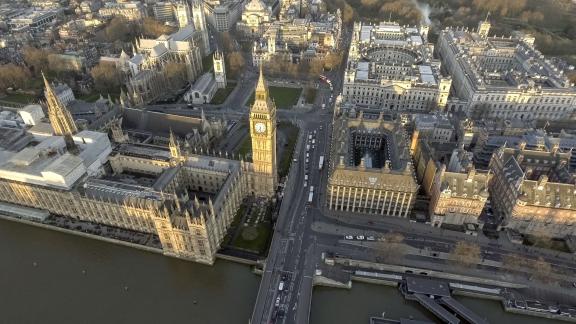Survey reveals how strained, under-staffed and under-pressure emergency departments are

Responding to a Royal College of Emergency Medicine (RCEM) survey about winter pressures in Accident and Emergency (A&E), Rory Deighton, Acute Lead at the NHS Confederation, said:
“These findings reveal just how strained, under-staffed and under-pressure emergency departments are as Covid cases begin to rise and we look ahead to winter.
“While the situation has slightly improved thanks to the hard work of NHS staff, there is no denying that the pandemic has been extremely disruptive and the timeliness of care in emergency departments is falling short of what the public should expect.
“Emergency department leads are clearly worried about the additional challenges that this winter will bring as they battle to bring down waiting lists that now tops 6.5 million whilst also dealing with crippling staff vacancies which stand at 105,000 across the NHS.
“These staffing gaps combined with severe staff shortages in social care are contributing to more people coming to A&E which is placing unrelenting pressure on ambulance services. Capacity problems are making it harder for people to access the care they need in their communities, which is making it impossible to discharge them from hospital and improve patient flow.
“The Government must immediately implement a national care worker minimum wage of £10.50 an hour to avoid an exodus of staff leaving the sector and urgently commit to producing a fully funded NHS workforce plan. We need to hear more honesty about what the public can expect from the NHS now and in the months ahead as it prepares for a very difficult winter, where high levels of flu and an autumn surge of Covid are very much on the cards.”



